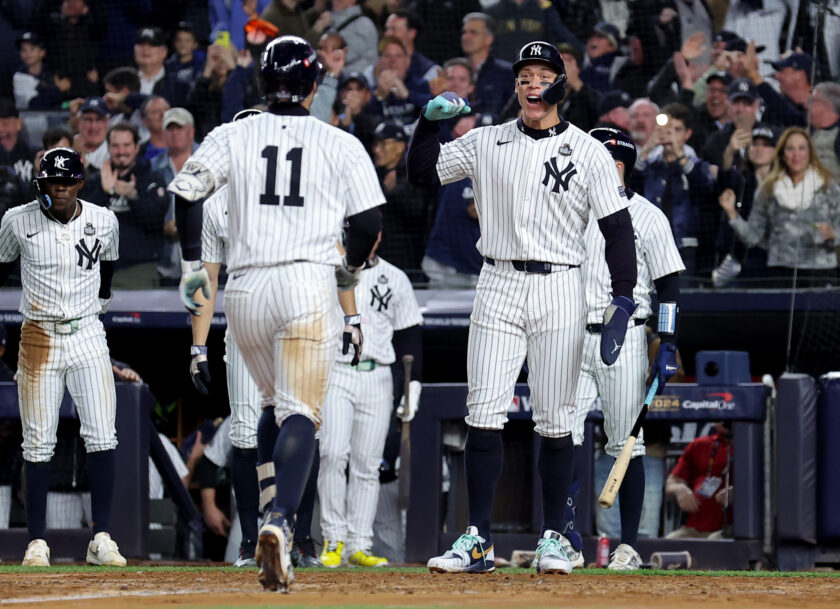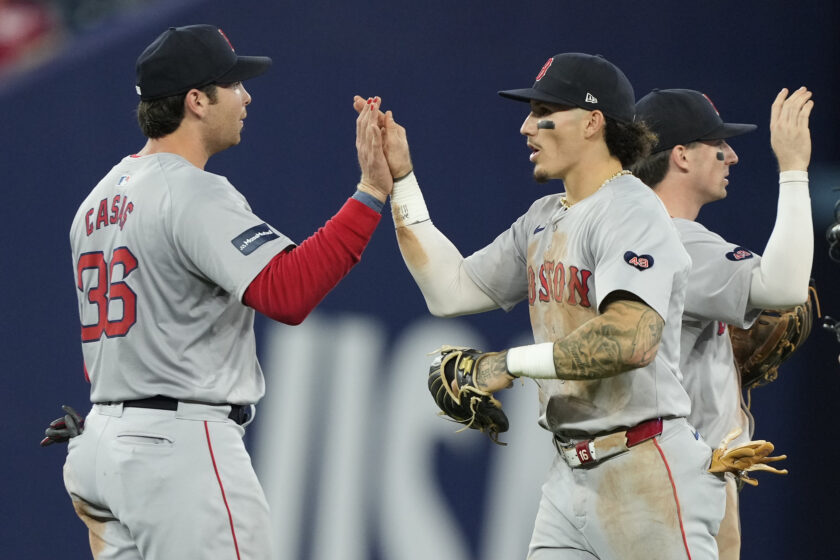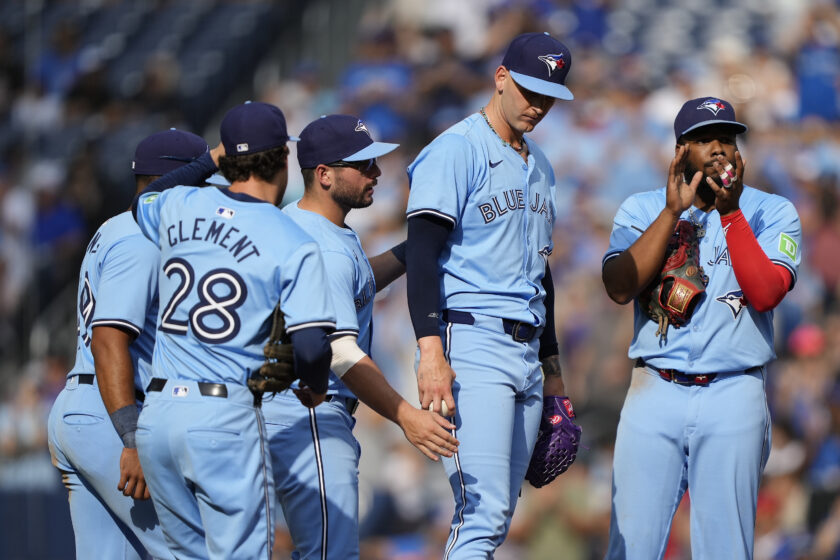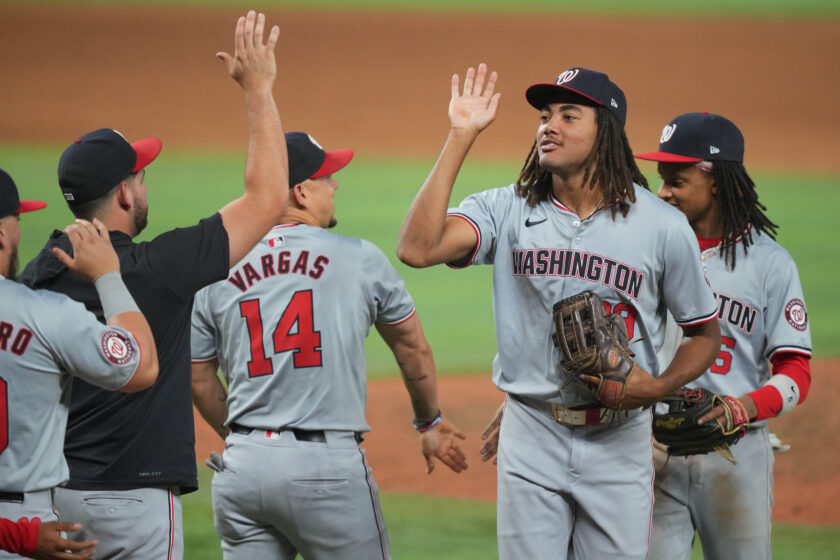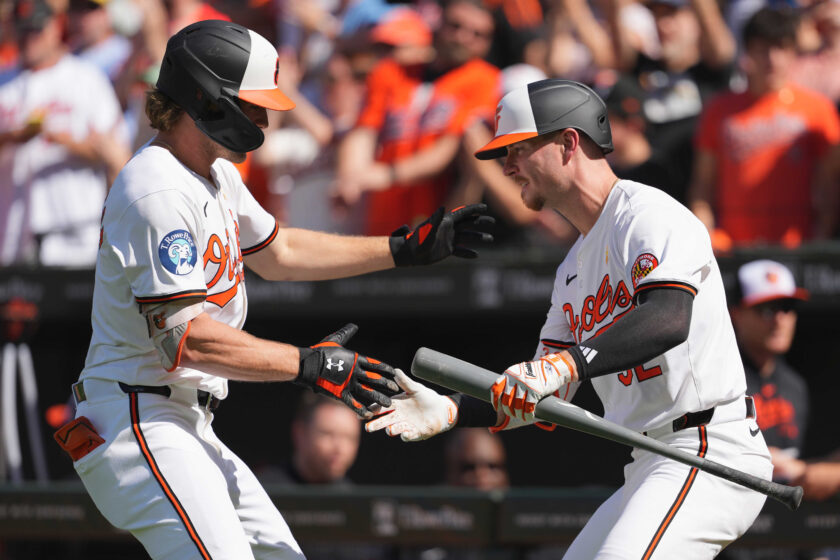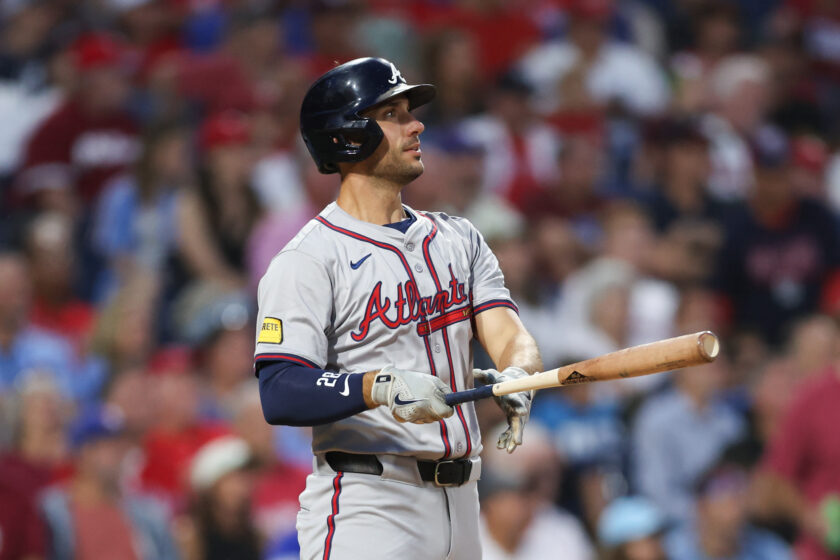MLB Should Pause For The 2020 Olympics
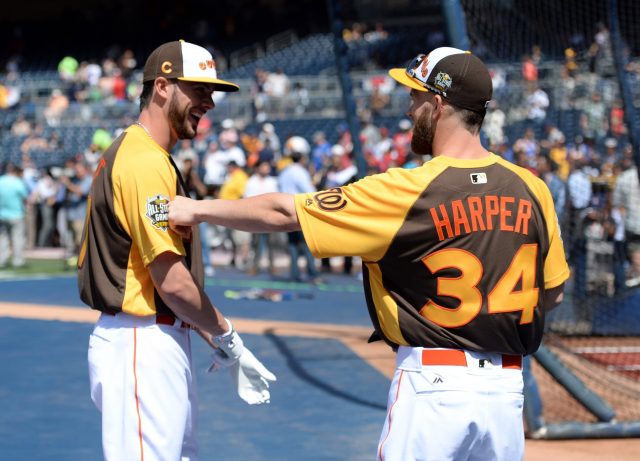
Olympic events are meant to showcase the world’s best athletes, and baseball should be no different.
On Wednesday, the IOC confirmed the return of baseball for the 2020 Olympic Games. At least six countries, including the United States, will be sending a team to compete in the tournament in Tokyo.
In 2008, the MLB did not allow active players to make the trip to Beijing, instead opting to send minor league players on the USA roster. Players headlining the roster included top prospects Stephen Strasburg and Dexter Fowler.
A team filled with top prospects and aging veterans was only able to take a bronze medal home from China.
The United States’ lackluster performance left many wondering what could have been if the MLB let the nation’s best compete in front of the entire world.
SEE ALSO: Mark Teixeira Overcome With Emotion (Video)
So far the MLB has seemed unwilling to change for 2020, but that doesn’t mean they shouldn’t.
One of Rob Manfred’s top priorities as commissioner has been to make baseball appealing to the younger generation. In 2015, Manfred and the MLB launched their “Play Ball” initiative and have effectively increased youth interest and involvement in baseball ever since.
An important part of business for Major League Baseball is also its appeal in foreign countries. What better way to expose foreigners to the greatness of the MLB than letting them compete on one of the biggest stages of the world?
Little kids on five other continents (sorry, Antarctica) should be able to turn on the Olympics in Tokyo and see just how dominant U.S. Baseball is.
When these kids and players see how great the country is for baseball players, there is a good chance they are going to want to want to work hard and come play here too.
Another aspect of letting MLB players go to the Olympics is letting people in other countries see the best players their nation has sent over to America. A Japanese child is more likely to start watching Major League Baseball if they witness the greatness of Ichiro in the Olympics rather than Munenori Kawasaki.
This also allows for young children in poverty ridden areas to see that there are guys just like them who were able to use their athletic ability to start a better life. Without being exposed to the Major League Players from these nations, these children are less likely to become involved with baseball, and more importantly won’t get to experience that sense of hope and desire seeing someone just like them live a better life.
Without being exposed to the big league players from these nations, these children are less likely to become involved with baseball, and, more importantly, won’t get to experience that sense of hope and desire.
That’s why the Olympic break is a great idea, but why is the MLB so against it?
[sc name=”MLB Center” ]The most obvious reason is many clubs don’t want their players to risk an injury playing for another team. Bud Selig many times used the excuse of, “We don’t want to interrupt the season, and the weather in parts of the country won’t let us extend it.”
Selig’s go-to excuse may not be so valid anymore with the MLB talking about reducing the season to 154 games. The lower amount of games would allow for the season to break for 2 weeks for the Olympics, and still end before the weather turns cold in certain parts of the country.
Many players have also encouraged the MLB to allow more time to rest during the season, so why would they complain about getting a longer break mid-season every 4 years? The players who want to show their pride for their nation will go to the Olympics, and those who want the rest can stay home.
In the end, if other nations are sending out their best 25 to play Olympic Baseball, so should the United States of America.
NEXT: New York Yankees — Brian McCann Perfectly Fits Rebuild Regime
High School Junior on Long Island. Previously followed the Mets and Major League Baseball. Occasionally found giving my insight on B1G and Penn State Football.

